

 On 17 May 1865, 20 European states convened to establish the International Telecommunication Union (ITU) to streamline the clunky process of sending telegraph messages across borders. 160 years later, ITU's anniversary is more than a mere commemorative moment; it is a stark reminder that multilateral cooperation is beneficial and necessary in our increasingly interconnected world.
On 17 May 1865, 20 European states convened to establish the International Telecommunication Union (ITU) to streamline the clunky process of sending telegraph messages across borders. 160 years later, ITU's anniversary is more than a mere commemorative moment; it is a stark reminder that multilateral cooperation is beneficial and necessary in our increasingly interconnected world.
 This past week offered a striking illustration of the pace and scale at which our shared orbital environment is evolving. In less than 24 hours, six rockets were launched from different parts of the globe, each contributing to the rapid expansion of low Earth orbit (LEO) infrastructure. China deployed a new set of Guowang satellites, while SpaceX launched two batches of Starlink satellites - one from Vandenberg in California and another from Cape Canaveral in Florida. United Launch Alliance (ULA) successfully placed Amazon's Kuiper satellites into orbit...
This past week offered a striking illustration of the pace and scale at which our shared orbital environment is evolving. In less than 24 hours, six rockets were launched from different parts of the globe, each contributing to the rapid expansion of low Earth orbit (LEO) infrastructure. China deployed a new set of Guowang satellites, while SpaceX launched two batches of Starlink satellites - one from Vandenberg in California and another from Cape Canaveral in Florida. United Launch Alliance (ULA) successfully placed Amazon's Kuiper satellites into orbit...
 Today, the Supreme Court will consider a challenge to the universal service subsidy program established soon after the introduction of telephone service by the AT&T Bell System and later officially adopted by the FCC as mandated by a 1996 law.1, 2 Universal service funding supports access to telephone and broadband service by subscribers in rural locales that commercial ventures will not serve absent a subsidy.
Today, the Supreme Court will consider a challenge to the universal service subsidy program established soon after the introduction of telephone service by the AT&T Bell System and later officially adopted by the FCC as mandated by a 1996 law.1, 2 Universal service funding supports access to telephone and broadband service by subscribers in rural locales that commercial ventures will not serve absent a subsidy.
 NVIDIA recently issued its third annual State of AI in Telecommunications report. The company manufactures many of the cards used in AI data centers, so the company is clearly focused on AI adoption. NVIDIA issues similar reports for other industries. The 2025 report is the result of a survey that NVIDIA administered to 450 telecom professionals across the globe.
NVIDIA recently issued its third annual State of AI in Telecommunications report. The company manufactures many of the cards used in AI data centers, so the company is clearly focused on AI adoption. NVIDIA issues similar reports for other industries. The 2025 report is the result of a survey that NVIDIA administered to 450 telecom professionals across the globe.
 A new resource dedicated to small and medium-sized digital infrastructure providers highlights the benefits of incorporating sustainability into their operations, offers a consolidated list of best practices and recommendations, and shares additional resources to help make practical changes to save time, energy, and money.
A new resource dedicated to small and medium-sized digital infrastructure providers highlights the benefits of incorporating sustainability into their operations, offers a consolidated list of best practices and recommendations, and shares additional resources to help make practical changes to save time, energy, and money.
 The debate surrounding network usage fees in Brazil has intensified following the approval of Bill 469/2024 by the House of Representatives' Communications Committee in early December 2024. This bill prohibits telecommunications operators from charging internet companies based on data traffic. While this is merely a preliminary step in a lengthy legislative process, it signals that proposals from telecom companies to implement network usage fees are unlikely to gain traction.
The debate surrounding network usage fees in Brazil has intensified following the approval of Bill 469/2024 by the House of Representatives' Communications Committee in early December 2024. This bill prohibits telecommunications operators from charging internet companies based on data traffic. While this is merely a preliminary step in a lengthy legislative process, it signals that proposals from telecom companies to implement network usage fees are unlikely to gain traction.
 I recently saw that AT&T is offering a $10,000 reward to anybody who provides information that leads to the arrest and conviction of people stealing copper wiring. The particular announcement is related to a recent theft of copper in South Dallas, Texas, but there have been numerous other thefts. This is not a small problem, and the estimated value of stolen telephone copper is between $1.5 and $2 billion annually.
I recently saw that AT&T is offering a $10,000 reward to anybody who provides information that leads to the arrest and conviction of people stealing copper wiring. The particular announcement is related to a recent theft of copper in South Dallas, Texas, but there have been numerous other thefts. This is not a small problem, and the estimated value of stolen telephone copper is between $1.5 and $2 billion annually.
 In the coming months, we're set to witness the largest investment in America's digital infrastructure in history: $42.5 billion that should be a true lifeline for millions of Americans struggling with slow, unreliable, or nonexistent internet connections. But as with any massive government spending program, the devil is in the details - and Republican lawmakers, led by Texas Senator Ted Cruz, are doing their best to ensure those details work against their own constituents.
In the coming months, we're set to witness the largest investment in America's digital infrastructure in history: $42.5 billion that should be a true lifeline for millions of Americans struggling with slow, unreliable, or nonexistent internet connections. But as with any massive government spending program, the devil is in the details - and Republican lawmakers, led by Texas Senator Ted Cruz, are doing their best to ensure those details work against their own constituents.
 In the wake of the election, sweeping policy shifts in the information economy are set to accelerate. Expect fast-tracked FCC reforms, Starlink subsidies, and AI-driven oversight to redefine media, tech, and regulatory landscapes. From relaxed antitrust to intensified media control, these eleven reversals signal a move toward deregulation and Chicago School libertarianism, with lasting impacts on U.S. markets and governance.
In the wake of the election, sweeping policy shifts in the information economy are set to accelerate. Expect fast-tracked FCC reforms, Starlink subsidies, and AI-driven oversight to redefine media, tech, and regulatory landscapes. From relaxed antitrust to intensified media control, these eleven reversals signal a move toward deregulation and Chicago School libertarianism, with lasting impacts on U.S. markets and governance.
 There was a burst of recent press about cellular service provided from satellites. This was probably prompted by the two recent hurricanes that have disabled terrestrial cellular and broadband networks in the southeast. I've seen speculation and discussion on Reddit and other forums where people have been wondering if satellite is the future of cell service and if the ubiquitous giant cell towers will eventually become obsolete.
There was a burst of recent press about cellular service provided from satellites. This was probably prompted by the two recent hurricanes that have disabled terrestrial cellular and broadband networks in the southeast. I've seen speculation and discussion on Reddit and other forums where people have been wondering if satellite is the future of cell service and if the ubiquitous giant cell towers will eventually become obsolete.
 On October 10, all ISPs in the United States were supposed to have implemented and posted broadband labels. The labels were required as part of the Infrastructure Investment and Jobs Act. Large ISPs had to post labels six months ago, and now the requirement is for all ISPs. I looked at the ISPs in a few counties I'm very familiar with, and I found a few ISPs in each county that have not posted labels that I can find on their website.
On October 10, all ISPs in the United States were supposed to have implemented and posted broadband labels. The labels were required as part of the Infrastructure Investment and Jobs Act. Large ISPs had to post labels six months ago, and now the requirement is for all ISPs. I looked at the ISPs in a few counties I'm very familiar with, and I found a few ISPs in each county that have not posted labels that I can find on their website.
 At the end of its 2024 term, the Supreme Court made two landmark rulings that limit federal agencies' regulatory powers. Loper Bright Enterprises v. Raimondo curtails their ability to create new regulations, while SEC v. Jarkesy reduces their capacity to enforce existing laws. These decisions significantly weaken agencies like the FCC in regulating sectors of the national economy, marking a substantial shift in administrative authority.
At the end of its 2024 term, the Supreme Court made two landmark rulings that limit federal agencies' regulatory powers. Loper Bright Enterprises v. Raimondo curtails their ability to create new regulations, while SEC v. Jarkesy reduces their capacity to enforce existing laws. These decisions significantly weaken agencies like the FCC in regulating sectors of the national economy, marking a substantial shift in administrative authority.
 A long-running issue resurfaced recently asking if light poles should be made available for telecommunications. This idea that light poles might be telecom infrastructure comes from language included in Section 224 of the United States Federal Communications Commission's (FCC) code that says that a "utility shall provide a cable television system or any telecommunications carrier with nondiscriminatory access to any pole, duct, conduit, or right-of-way owned or controlled by it."
A long-running issue resurfaced recently asking if light poles should be made available for telecommunications. This idea that light poles might be telecom infrastructure comes from language included in Section 224 of the United States Federal Communications Commission's (FCC) code that says that a "utility shall provide a cable television system or any telecommunications carrier with nondiscriminatory access to any pole, duct, conduit, or right-of-way owned or controlled by it."
 Ookla recently tackled this question in one of its research articles. Ookla compared the time it takes to load pages for Facebook, Google, and YouTube on cellphones using 4G LTE networks versus 5G networks. Ookla thinks that page load speed is a great way to measure cellphone experience. The time needed to load a web page is directly impacted by latency, which measures the lag between the time a phone requests a website and that website responds.
Ookla recently tackled this question in one of its research articles. Ookla compared the time it takes to load pages for Facebook, Google, and YouTube on cellphones using 4G LTE networks versus 5G networks. Ookla thinks that page load speed is a great way to measure cellphone experience. The time needed to load a web page is directly impacted by latency, which measures the lag between the time a phone requests a website and that website responds.
 There are many inconvenient truths about radio spectrum sharing and transceiver interoperability that require full ventilation and resolution. Spectrum users want exclusive access and - news flash - they do not like to share! Campaign events, like the Trump Bulter, PA rally, require short notice, forced cooperation between and among federal, state, and local law enforcement officers, as well as a variety of other government agencies.
There are many inconvenient truths about radio spectrum sharing and transceiver interoperability that require full ventilation and resolution. Spectrum users want exclusive access and - news flash - they do not like to share! Campaign events, like the Trump Bulter, PA rally, require short notice, forced cooperation between and among federal, state, and local law enforcement officers, as well as a variety of other government agencies.
 Smuggled Phone Reveals North Korea’s Regime Captures User Screens Every Five Minutes, Censors Texting
Smuggled Phone Reveals North Korea’s Regime Captures User Screens Every Five Minutes, Censors Texting Chinese Hackers Exploit U.S. Telecom Systems, Eviction Efforts Lag
Chinese Hackers Exploit U.S. Telecom Systems, Eviction Efforts Lag Meta’s $10 Billion Plan to Build the World’s Largest Subsea Cable Network
Meta’s $10 Billion Plan to Build the World’s Largest Subsea Cable Network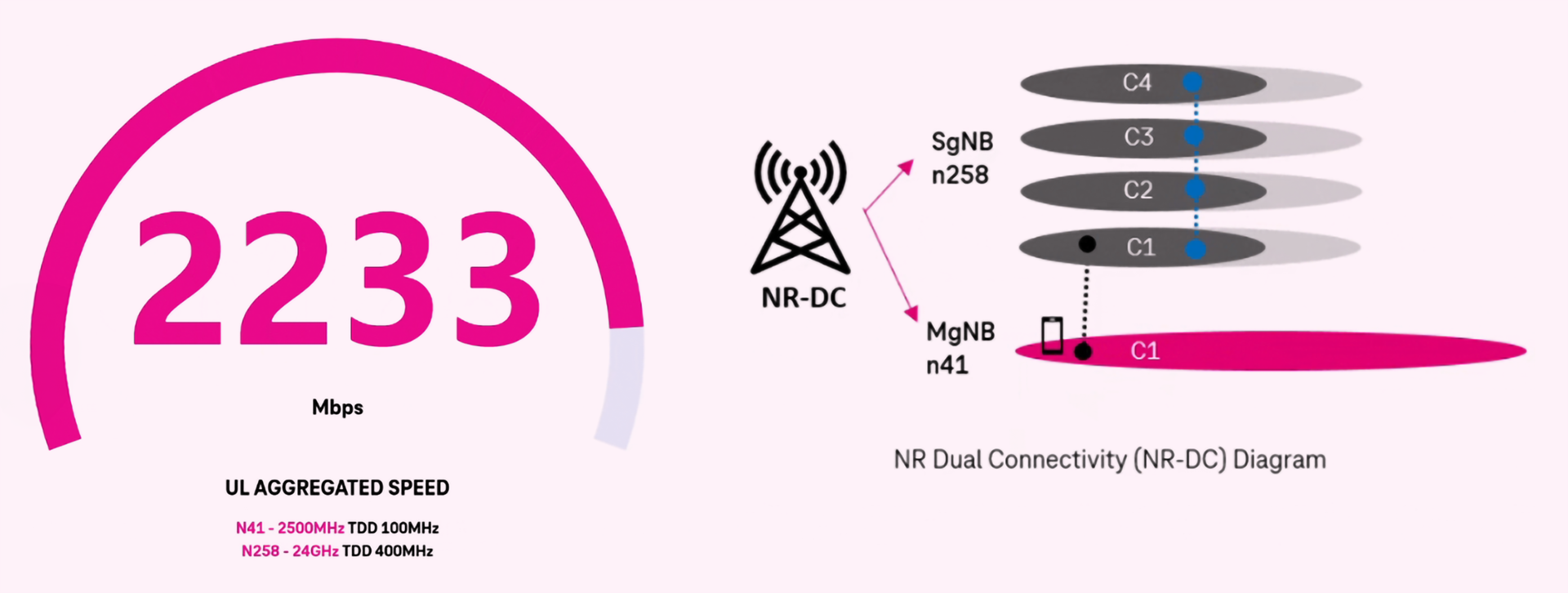 T-Mobile Breaks Upload Speed Record with New 5G Dual Connectivity
T-Mobile Breaks Upload Speed Record with New 5G Dual Connectivity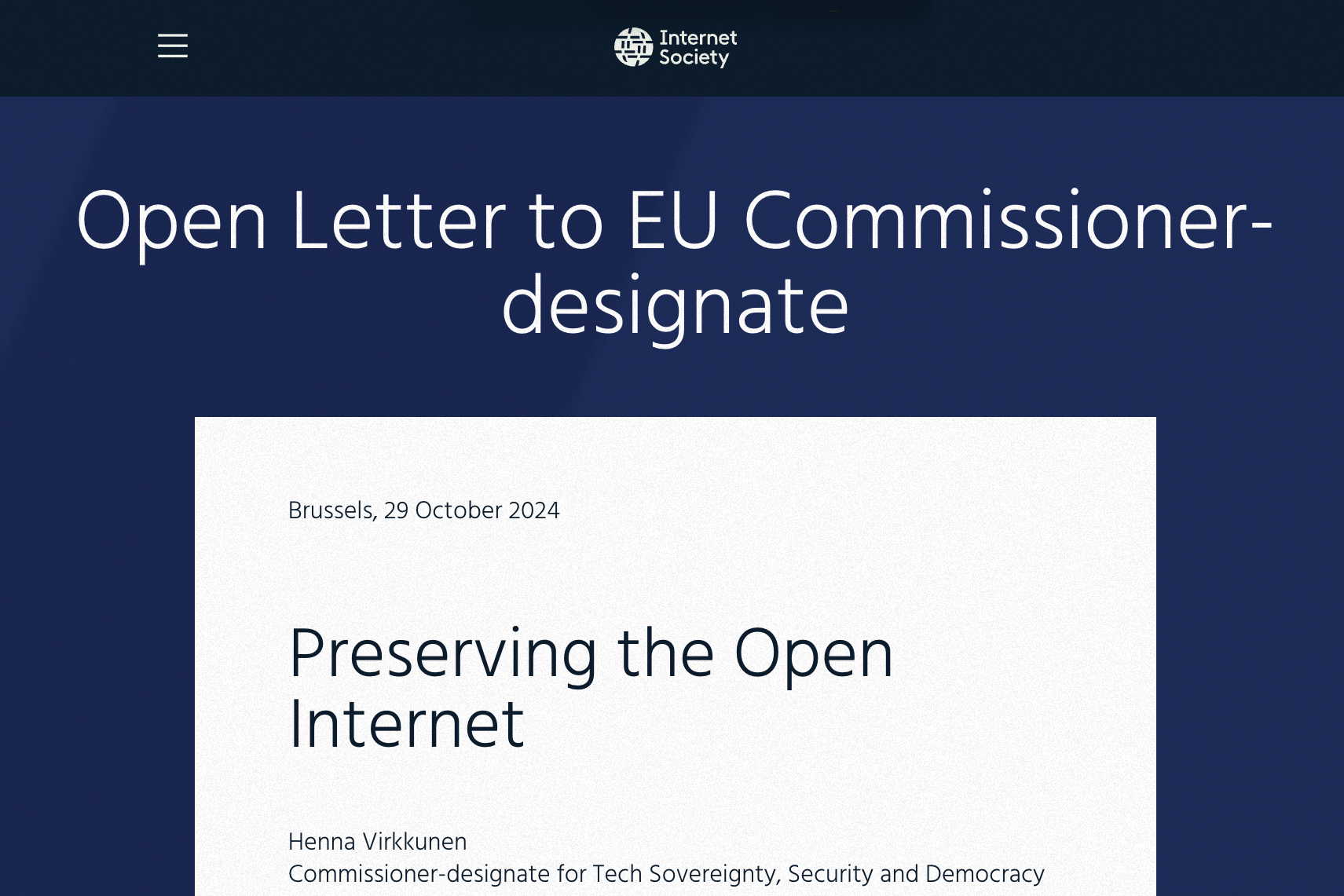 EU Internet Advocates Push Back Against Telecom “Fair-Share” Fees
EU Internet Advocates Push Back Against Telecom “Fair-Share” Fees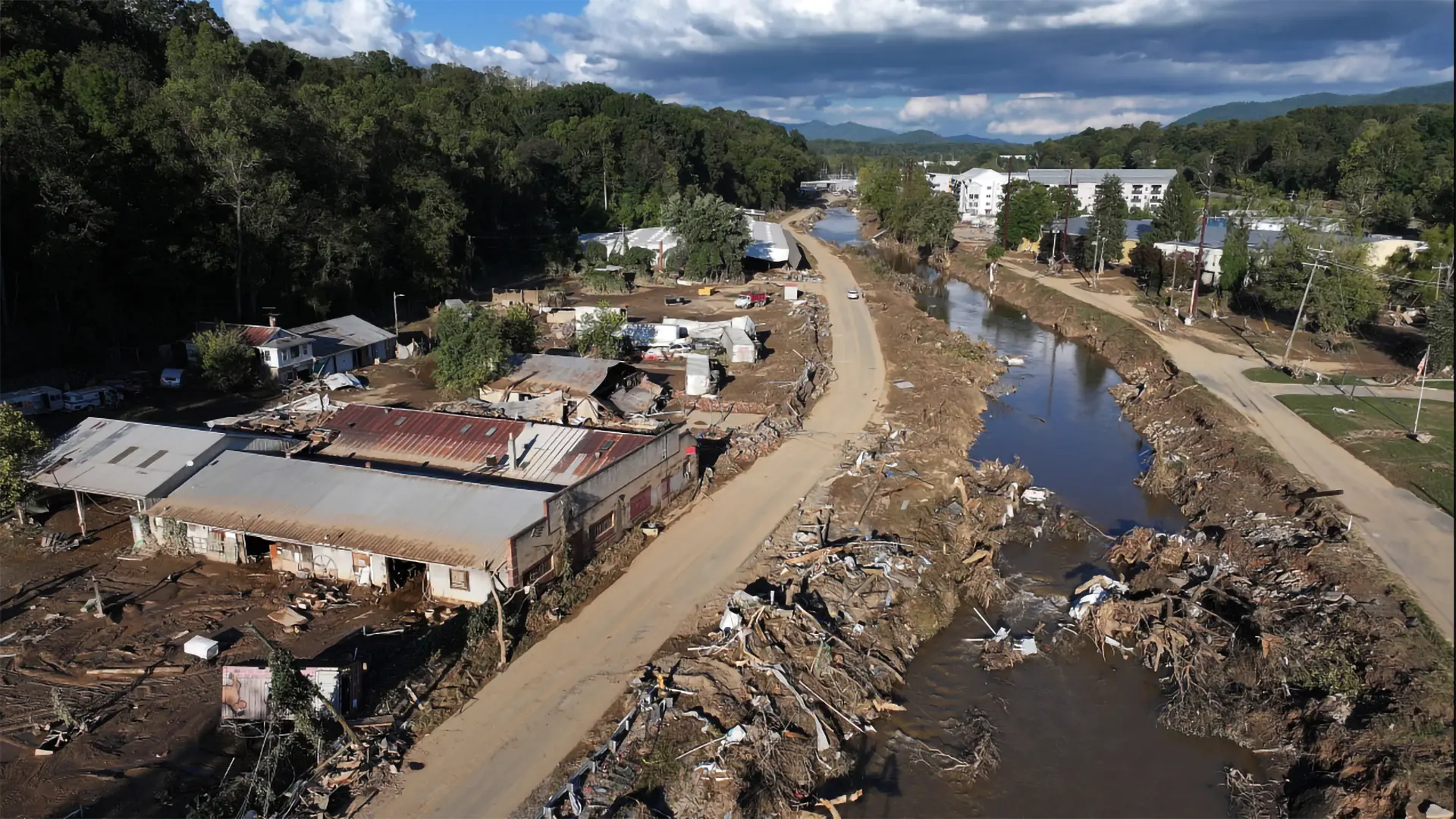 FCC Approves Starlink for Direct-to-Cell Service in Hurricane-Stricken North Carolina
FCC Approves Starlink for Direct-to-Cell Service in Hurricane-Stricken North Carolina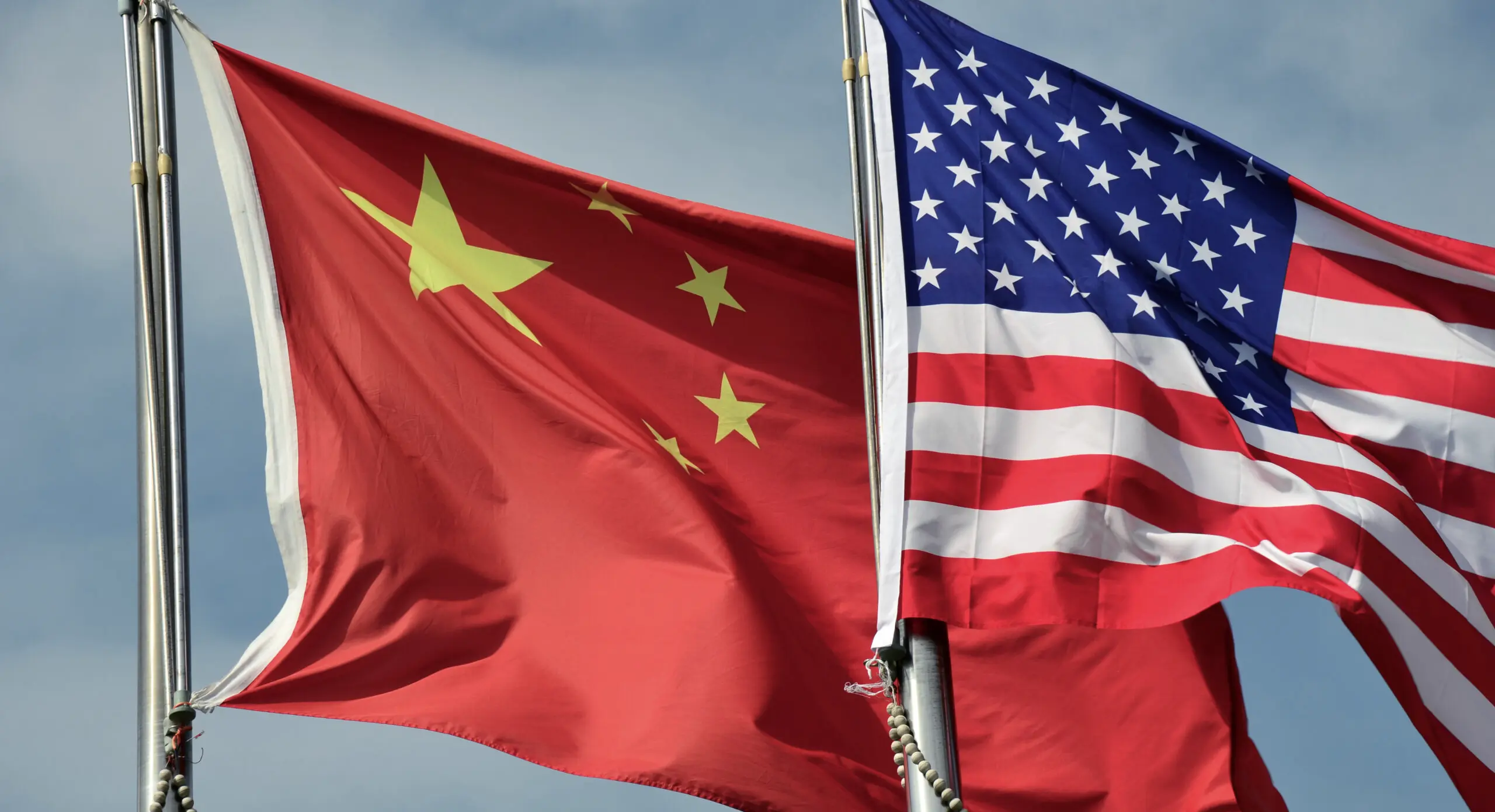 Biden Administration Probes Chinese Telecom Firms Over U.S. Data Security Concerns
Biden Administration Probes Chinese Telecom Firms Over U.S. Data Security Concerns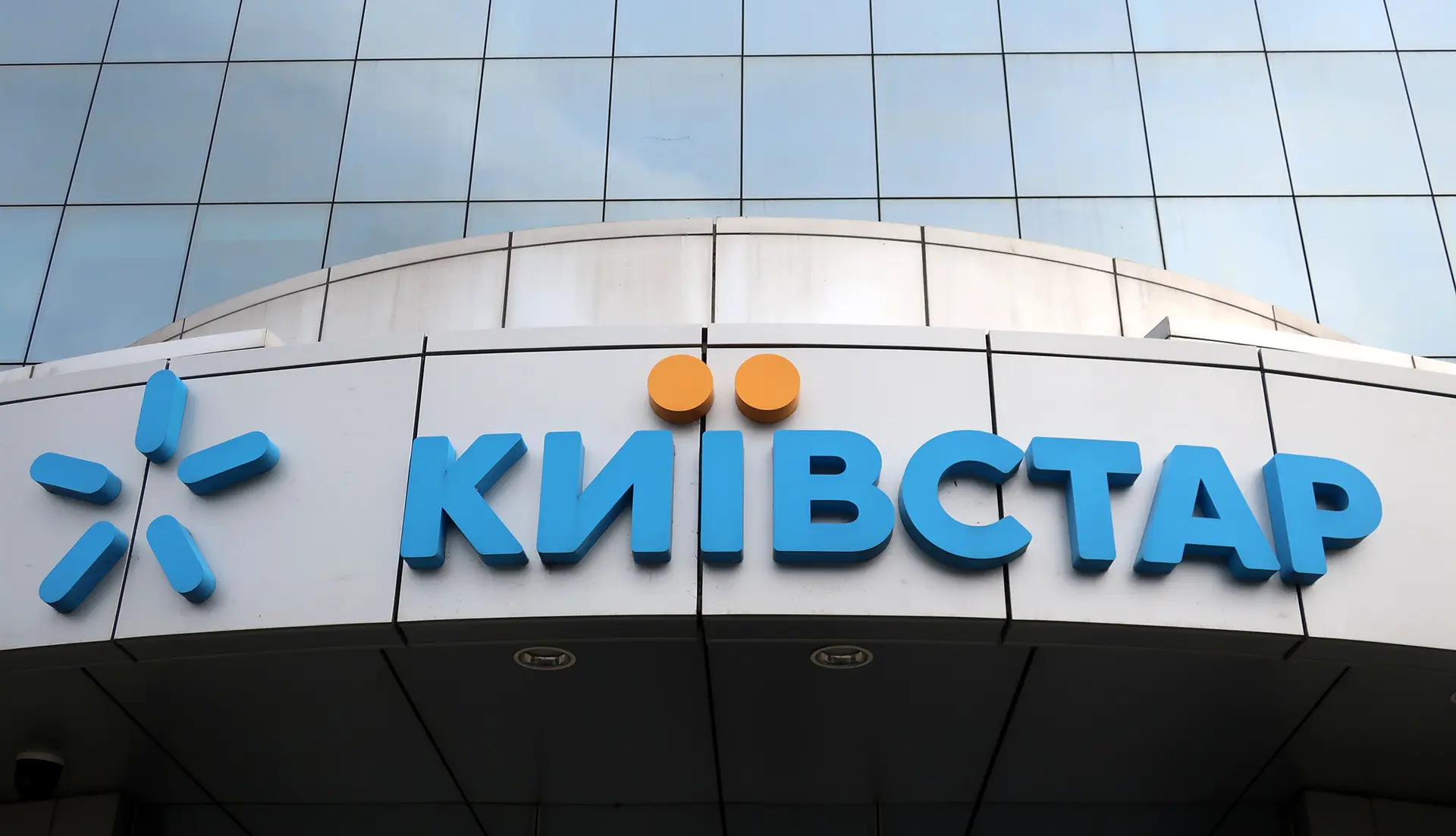 Ukraine’s Leading Mobile Operator Struck by War’s Largest Cyberattack
Ukraine’s Leading Mobile Operator Struck by War’s Largest Cyberattack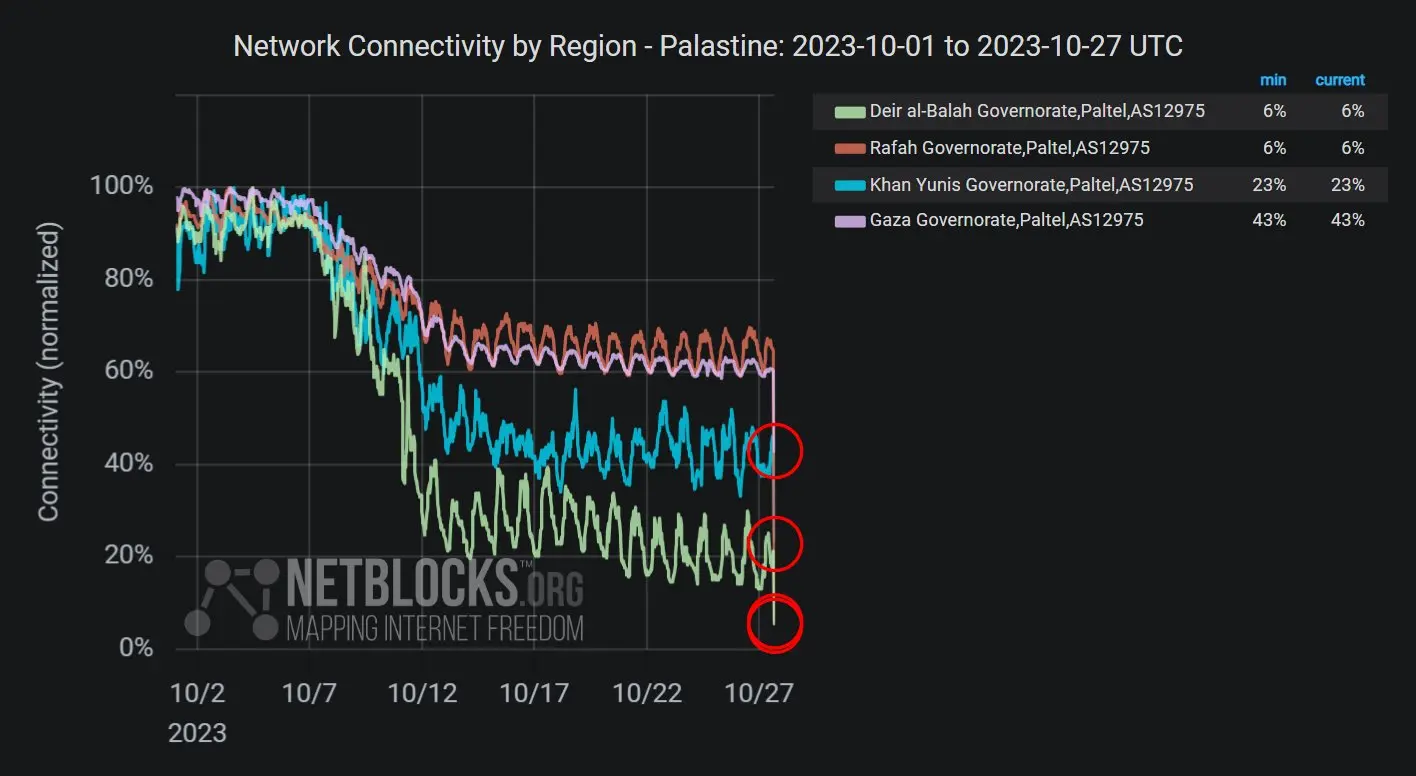 Gaza Plunges into Near-Total Internet and Cellular Blackout Amid Intensified Israeli Strikes
Gaza Plunges into Near-Total Internet and Cellular Blackout Amid Intensified Israeli Strikes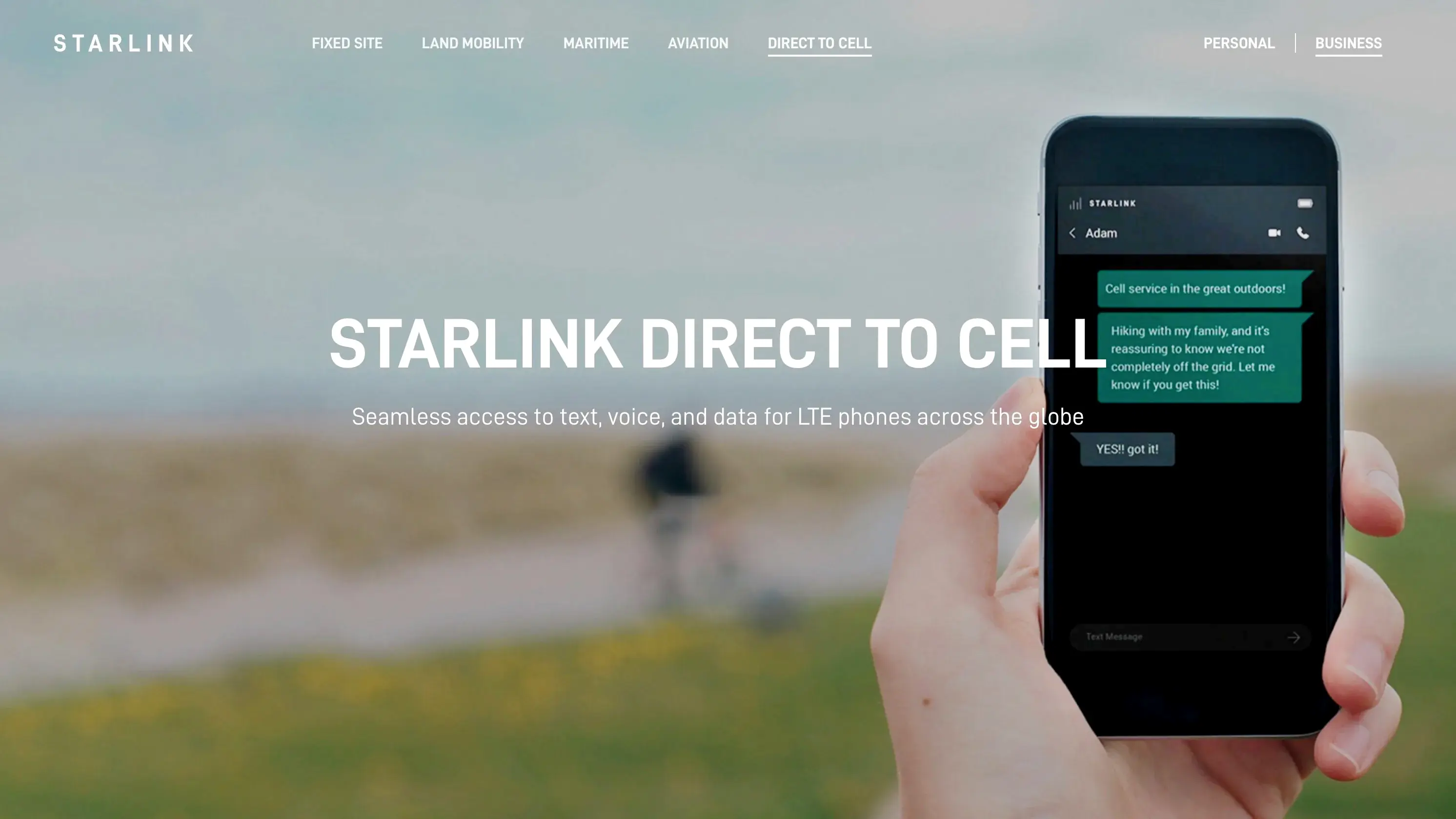 SpaceX Quietly Launches New Website for Cellular Starlink Service
SpaceX Quietly Launches New Website for Cellular Starlink Service